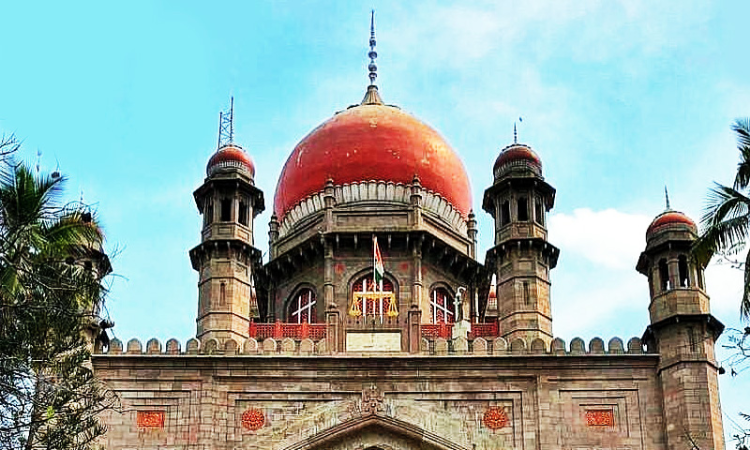Individual Can't Decide How Law Enforcement Agency Should Act & When To Invoke Powers Under Preventive Detention Law: Telangana HC
Sparsh Upadhyay
6 Jan 2021 9:38 PM IST

Next Story
6 Jan 2021 9:38 PM IST
In an important ruling, the Telangana High Court has held that it is not for the individual citizen to assess how the law enforcing agency should act but it is for that agency to come to subjective satisfaction of the need to resort to preventive detention. The Bench of Justice P. Naveen Rao also observed that the Court can't mandate the authority to do a particular act, in a...
